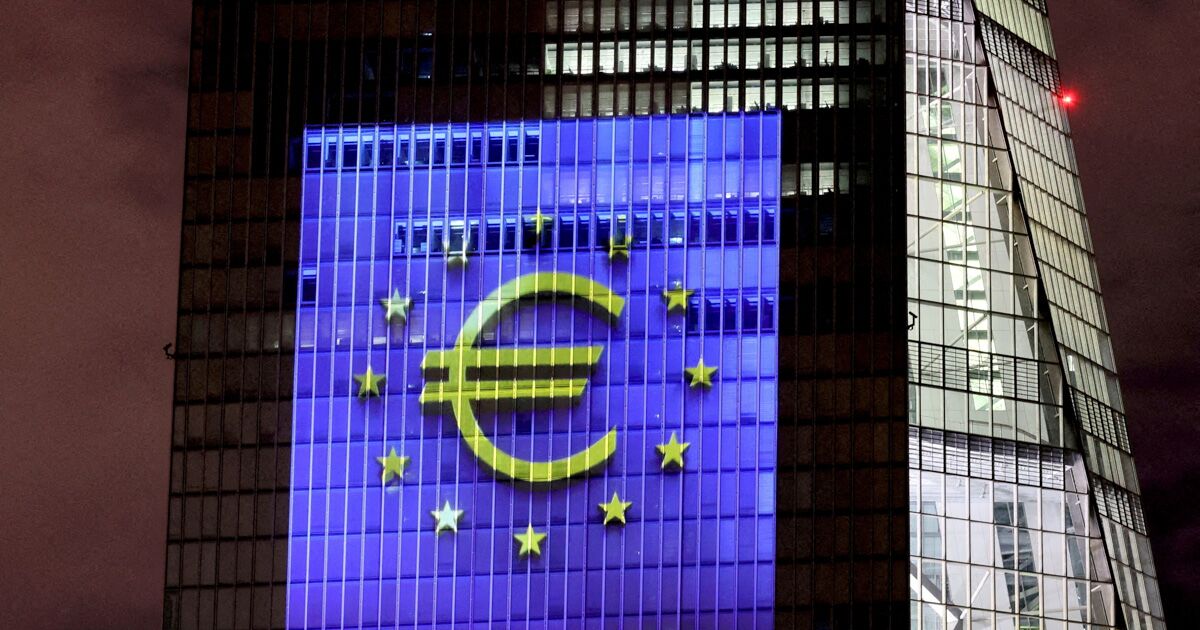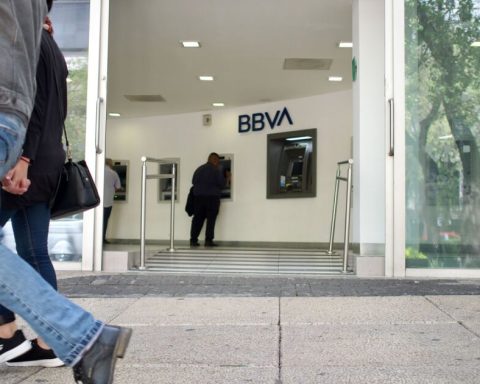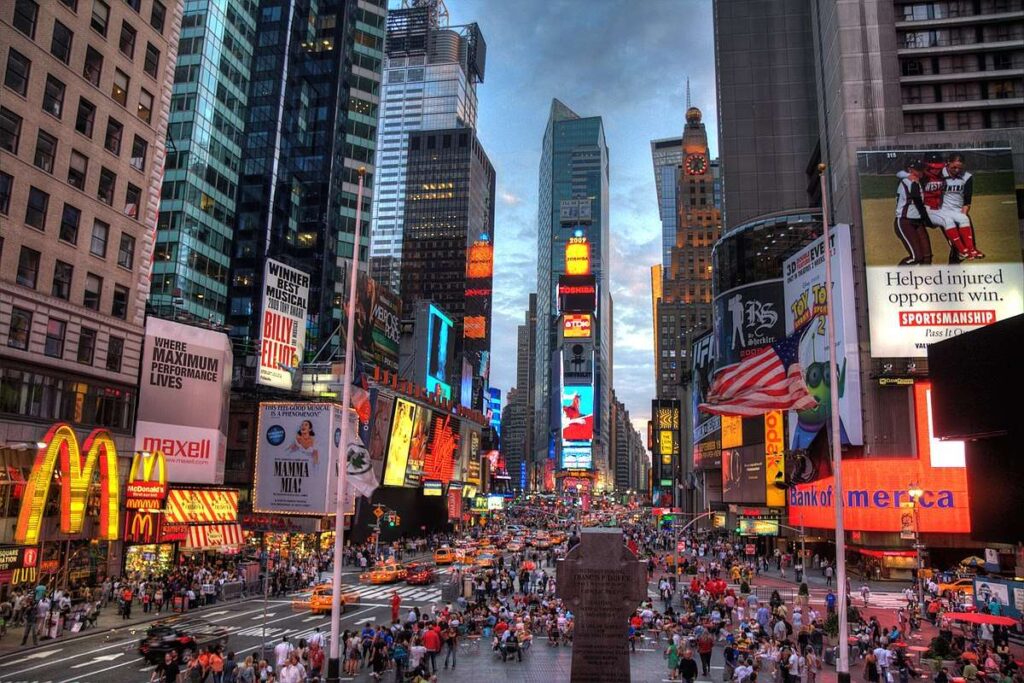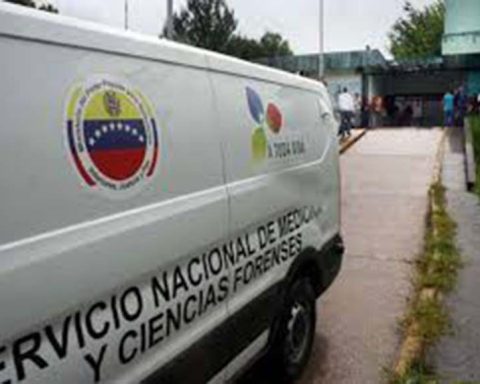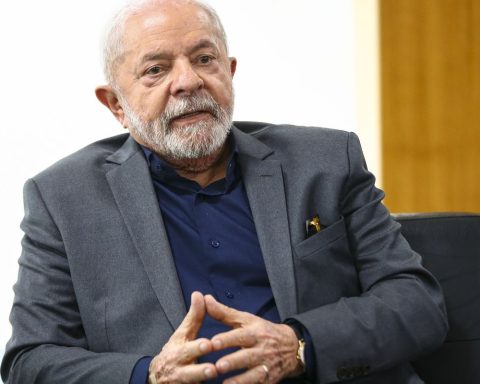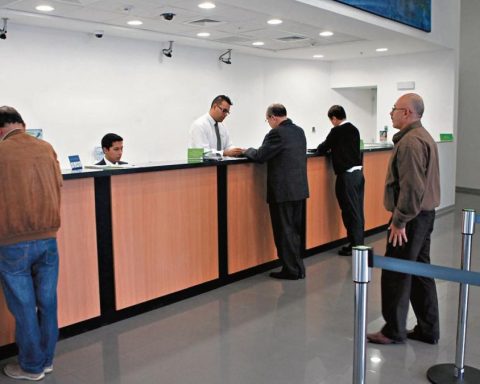According to the European statistics office Eurostat, this is the highest level recorded since the beginning of the historical series, in January 1997.
This scenario puts the spotlight on the ECB, which has a meeting scheduled for September 8 in which an announcement of an increase in the basic interest rate is expected.
The ECB has always had inflation “close to but below 2%” as its goal for the eurozone.
In July, the ECB took a timid step by raising the interest rate from 0% to 0.5%, but now the pressure is greater for more forceful intervention.
In a message to the press, the president of the Bundesbank (the German Central Bank), Joachim Nagel, expressed the urgency for the ECB to “act decisively”, adding that otherwise inflation expectations could “settle permanently above our goal of 2%.”
“We need a strong interest rate hike in September. And more interest rate steps are expected in the coming months,” the official added.
For his part, the expert Jack Allen-Reynolds, an economist at the Capital Economics consulting firm, indicated that year-on-year inflation in August “and the probability that it will continue to rise add pressure on the ECB to accelerate the pace” of monetary tightening.
In his opinion, “the balance of probabilities leans towards an increase of 75 basic points in the next week” in the reference interest rate.
Allen-Reynolds warned that trends suggest eurozone inflation will reach 10% “before the end of the year.”
hit the brakes
Meanwhile, Bert Colijn, an economist at ING bank, questioned “how much does the ECB need to hit the brakes”, although he also wondered “how it will respond after this, if in fact the signs of economic difficulties become more evident”.
The eurozone economy is “slowing rapidly” and added that “at this point it may already be in a contraction.”
The upward trend in inflation began to show clearly last November, and since then it has not stopped growing.
Of the components of inflation, energy experienced an increase of 38.3% in August. Although it was the main factor, it represents a slight setback in relation to the month of July, when it exhibited 39.5%.
Meanwhile, the food sector (which is measured together with tobacco and alcohol) experienced an increase of 10.6% in August, compared to 9.8% in the previous month.
Of the major eurozone economies, France experienced the lowest annual inflation, at 6.5%, followed by Germany (8.85) and Italy (9.0%).
Meanwhile, Spain registered 10.3% and Belgium 10.5%. Estonia (25.2%), Lithuania (21.1%) and Latvia (20.8%) exhibited the worst indicators.
The entire European Union (EU) is going through a serious crisis in the energy sector due to the explosive increase in the price of electricity to consumers.
This scenario is explained by the drastic reduction in gas deliveries from Russia to European countries, in response to the sanctions adopted by the EU as a result of Russian military operations in Ukraine.
This conflict also has consequences in terms of food security, since as a result of the war the Ukrainian capacity to export its grains and cereals was dramatically limited.
